Mass migration has long ceased to be merely a political issue in Europe; it has also become a matter of security. The 2015 crisis and subsequent Islamist terrorist attacks highlighted that border protection is indispensable for the safety of the continent’s citizens. Western European societies, which at first embraced the “Wir Schaffen das” (“We can do it”) policy, have experienced the brutal consequences of their decision: according to Eurostat data, between 2013 and 2023 the number of violent sexual crimes—including rape—rose by 79 percent in the European Union. By contrast, Hungary’s nation-minded side has made its stance crystal clear: border protection is the key to safeguarding national security and public order. Over the past decade the government has prevented more than 1.1 million illegal migrants from entering Hungary and Europe with the border fence financed in full from the national budget.
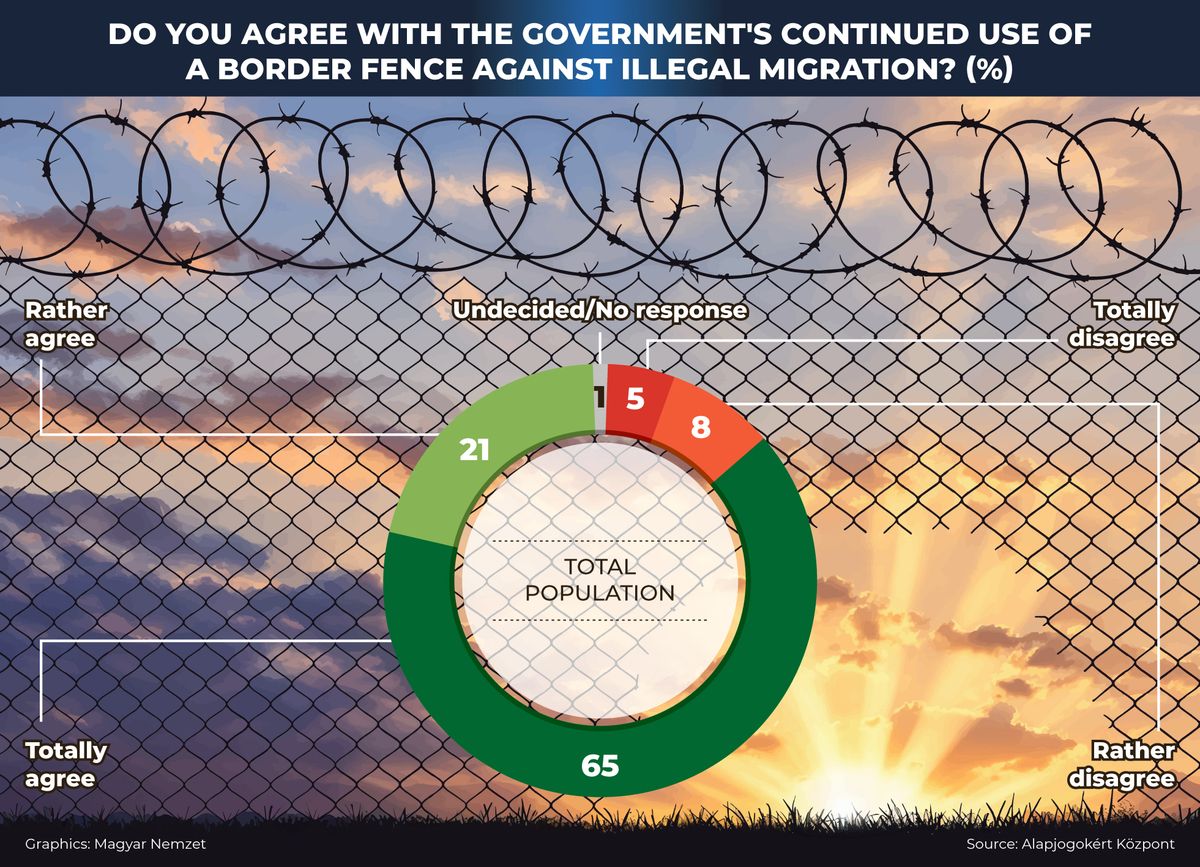
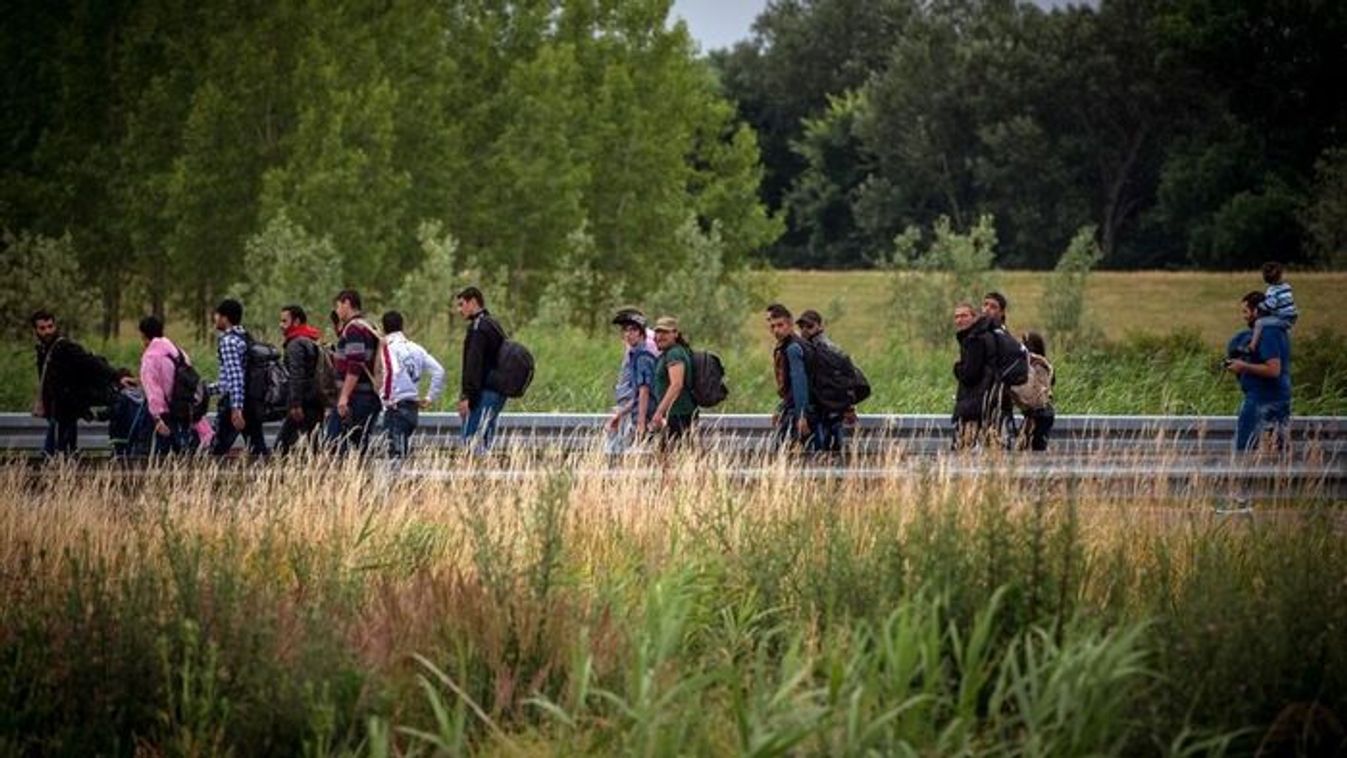

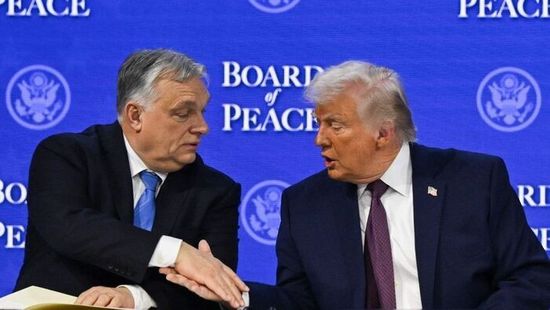




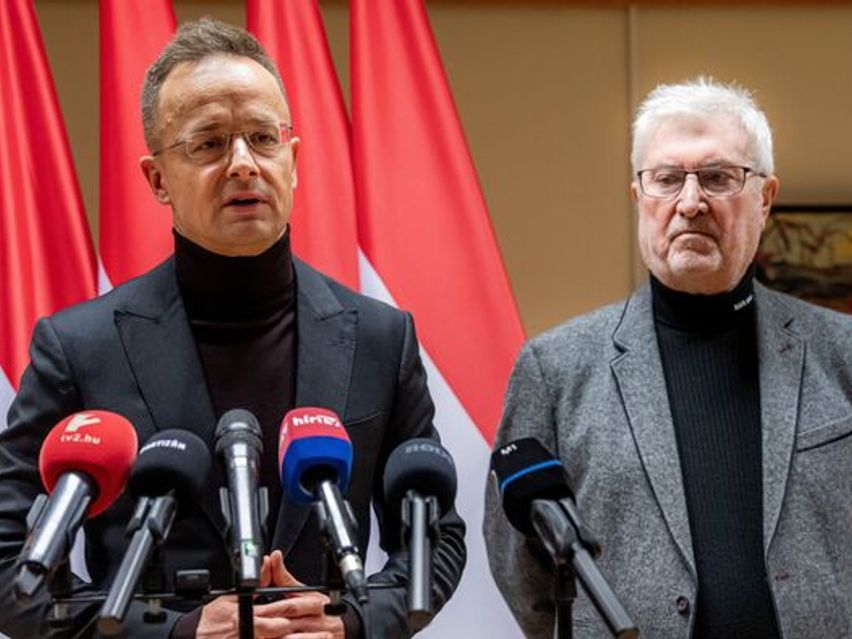








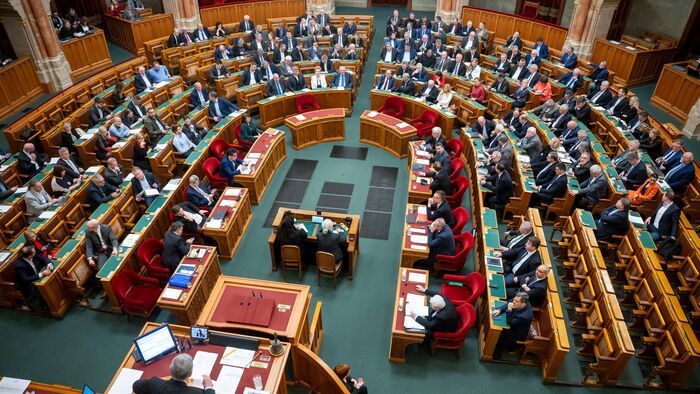






Szóljon hozzá!
Jelenleg csak a hozzászólások egy kis részét látja. Hozzászóláshoz és a további kommentek megtekintéséhez lépjen be, vagy regisztráljon!